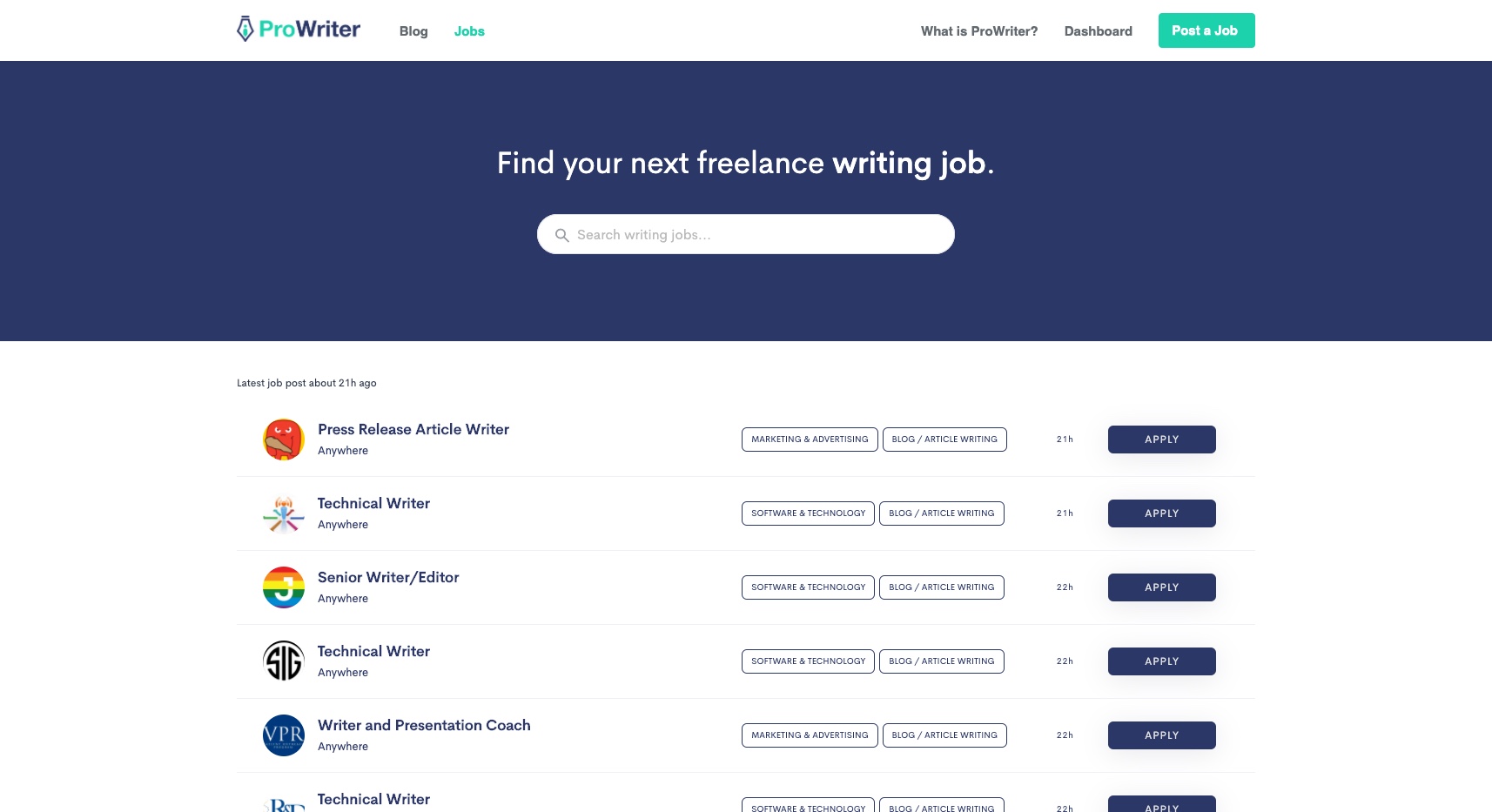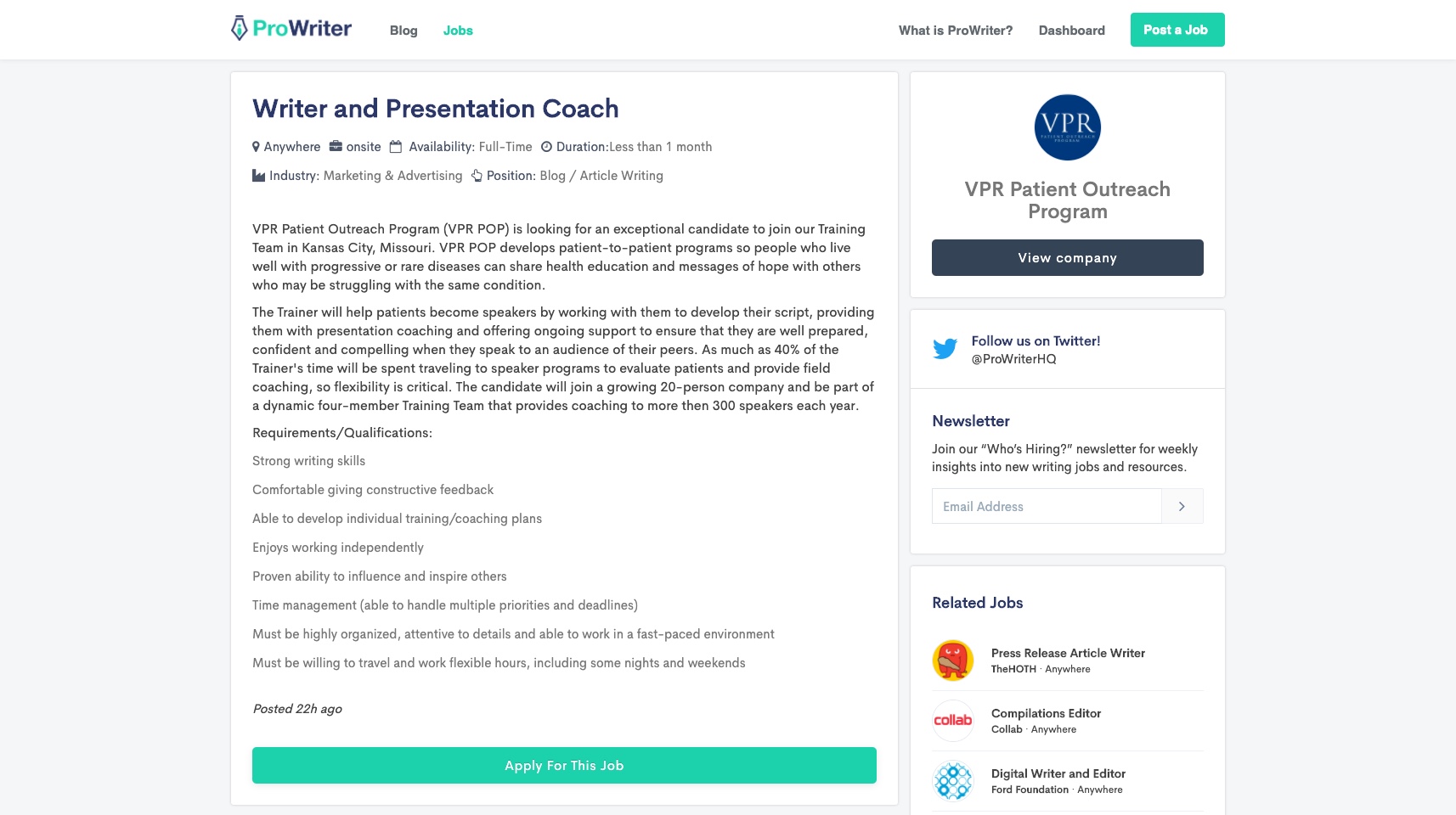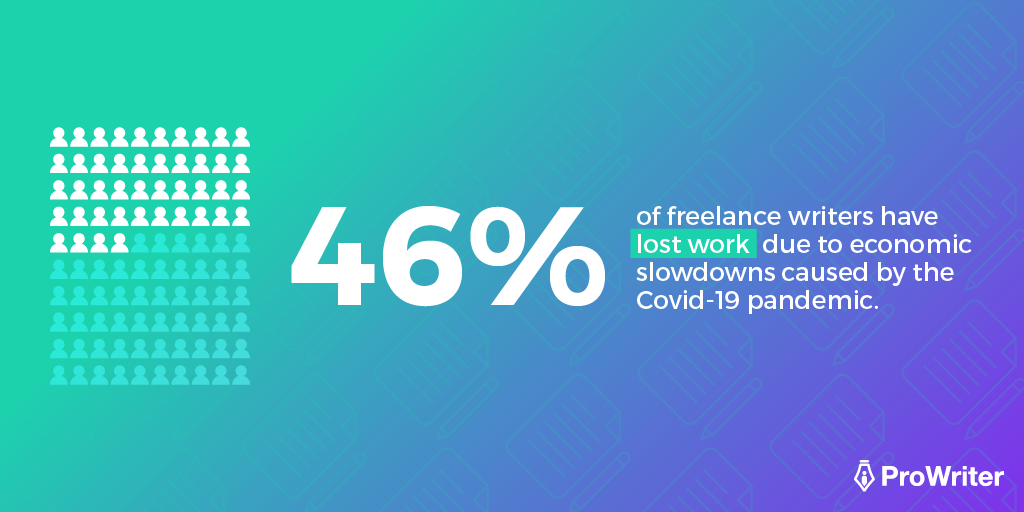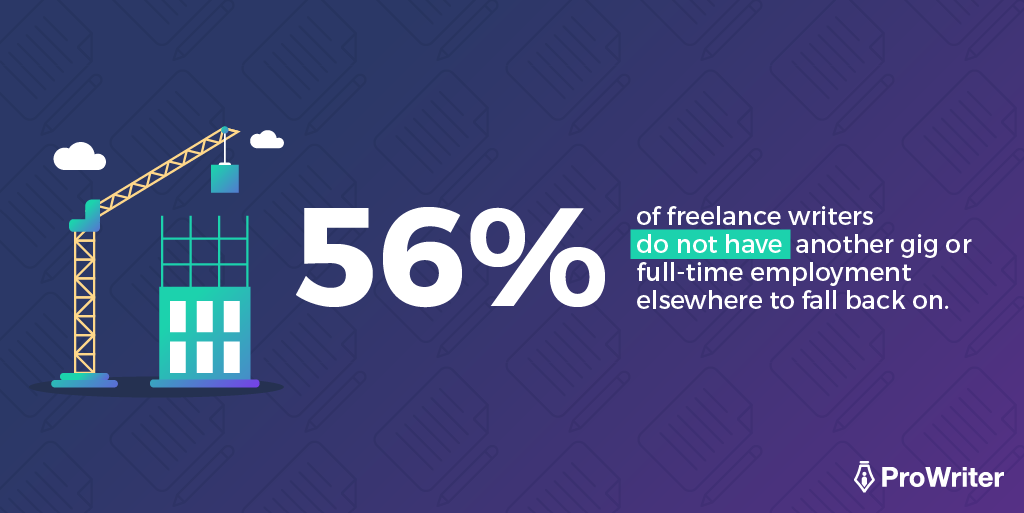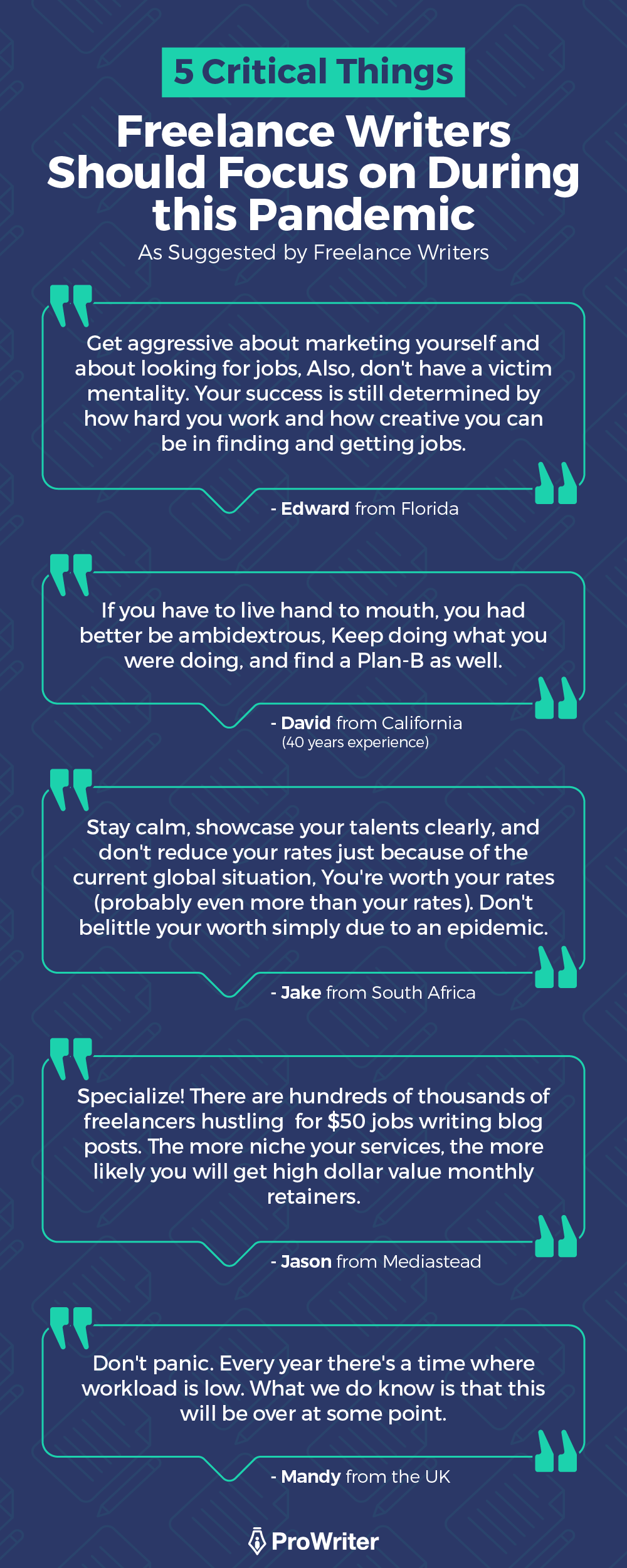The problem we set out to solve
Dusten and I have run a content agency, Presto Media, for over 5 years. During that time we worked with bloggers, brands, and publications that needed highly-vetted and specialized writers who could not only write quality content but write it efficiently and consistently.
This meant we needed to hire a lot of writers.
At first, we hired writers from the typical places you would expect. UpWork, ProBlogger, FreelanceWritingGigs.com, etc.
The problem was, we’d get hundreds of applications back from our job post, but:
- They all were sent via email – so it became a game of flagging and filtering emails as they came in.
- Applicants either did not possess the writing skills we required or did not properly reflect in their application that they possessed them in the first place.
- Applicants would ghost on us after we reached back out to hire them.
- Applicants did not properly read the job listing details and employment discussions became more complex than they needed to be.
To make things worse, when we talked with our writer network we discovered that while the employment side of the relationship had its problems, so did the freelance writer side.
During our discussions, we discovered freelance writers wanted 3 main things:
- High-paying freelance writing job opportunities from credible brands.
- A way to showcase their writing experience (without needing to know how to build a website).
- Education and community to help them launch and/or grow their freelance writing career.
When we initially launched, our focus was on solving the first two problems seeing as this not only helped writers but also helped employers as well.
If we could help writers showcase and verify their writing experience and skills, that would help employers not only filter through qualified applicants faster but also help them feel more confident in their decision to hire the writer.
We have since invested into ProWriter products like the Portfolio and Jobs board to help solve this problem.
These products allowed experienced writers to showcase and verify their writing experience and skills from our Portfolio product. Use that clout to land their next writing gig from our Jobs product. And then manage their relationship with their client with our Messages product.
We found experienced writers were able to sign up and use these products right away.
But for the majority of other writers who signed up, this was not the case, and here’s why…
What we learned we needed to solve along the way
As we continued to release products like Portfolio and Jobs, we saw there was a roadblock in being able to use our ProWriter solutions – already having a writing career to showcase.
The main problem wasn’t the ability to showcase your career, it was the ability to launch one.
Many writers who signed up to ProWriter were not able to complete their portfolios because they didn’t have bylined articles to add to it yet – and didn’t have the education and competencies to land the writing job to earn them the bylines for their portfolio.
Quite the double-edged sword.
It became more apparent that we not only need to help experienced writers grow their writing careers but also help new writers launch theirs.
This made us revisit problem #3: Writers wanted writing education and a community to help them launch and/or grow their freelance writing career.
This was something we always planned on introducing into ProWriter but with the feedback we received over the first few months of ProWriter’s launch, we saw it was necessary to expedite it on our roadmap.
ProWriter’s vision for 2020 and beyond
ProWriter focused on building tools for writers like our Portfolio and Jobs products. But now, we are focused on building community and education.
This means we are focused on providing a platform and foundation for writers like you to learn from professional writers, SEO experts, and journalists to help you launch and grow your freelance writing career.
To establish and grow the ProWriter community, we’ll be introducing forums, chats, and Facebook Groups to the ProWriter website.
- Forums: Publish and respond to forum post questions from your freelance writing peers to help you learn from the ProWriters around you.
- Chats: Establish real-time connections with your writing community to get industry news and advice as soon as you need it.
- Facebook Groups: Connect with your ProWriter community on Facebook and share posts, news, and tips on the go.
To provide freelance writing education we’ll be introducing freelance writing courses, webinars, and podcasts.
- Courses: Learn the foundational steps and skills to launch and grow your freelance writing career from the experts at ProWriter.
- Webinars: Watch to learn the latest industry best practices in blog writing, SEO writing, and how to land that next writing gig.
- Podcasts: Listen on the go to learn from fellow ProWriters on how they launched their writing career and turned it into a full-time business.
It’s our mission through these tools, community, and educational products to help freelance writers launch, grow, and manage their freelance writing careers.
But we can’t do it alone. We need your feedback to ensure we’re providing the resources you need and expect.
If you have 1 minute to spare, please send me a direct email to [email protected] with what you hope to see from ProWriter in the coming months.
Or, use the below questions as a starting point:
- What is the biggest problem you face in your writing career?
- What is the most time-consuming part of finding jobs, writing articles, and managing clients?
- What freelance writing skills do you want to master?
We are here to help freelance writers succeed in their careers. And we’ll continue to build this community together.


